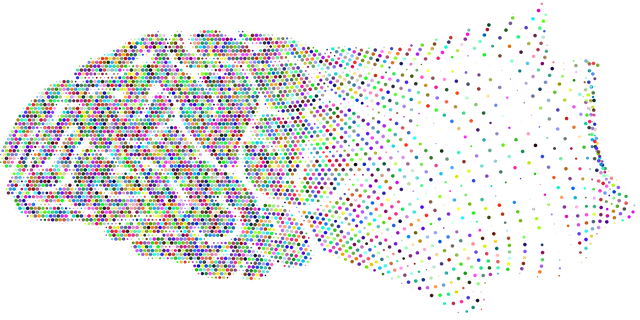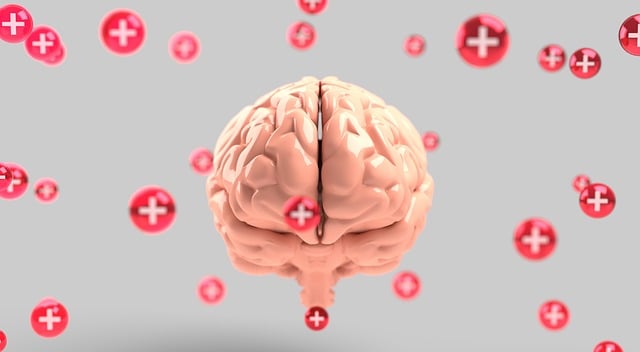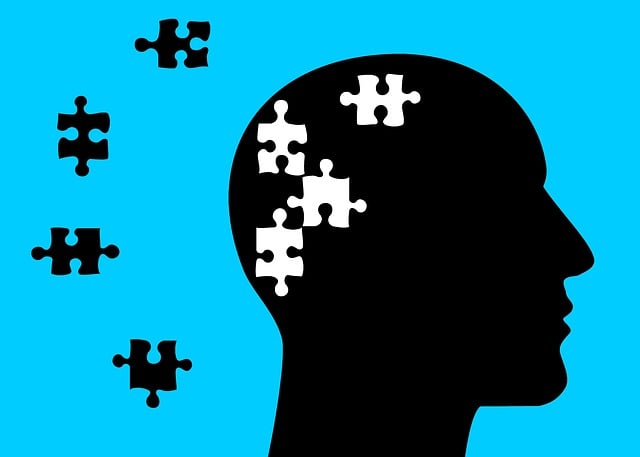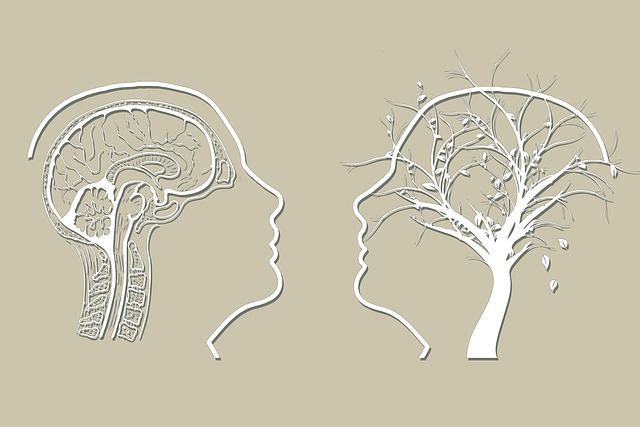Emotional Intelligence (EI), a cornerstone of human interaction, is pivotal in Lafayette Interpersonal Issues Therapy for addressing underlying interpersonal issues. Enhancing EI through tailored Mental Wellness Coaching Programs includes crisis intervention, resilience building, and adaptive coping mechanisms, ultimately leading to improved mental wellness. Self-awareness, active listening, and empathetic responses, key EI components, revolutionize relationships, conflict resolution, and create harmonious environments in therapeutic and personal settings. Lafayette Interpersonal Issues Therapy guides individuals to manage emotions, cultivate empathy, and build strong relationships through mood management, inner strength development, and self-reflective journaling exercises.
Emotional intelligence (EI) is a powerful tool for effective communication and building meaningful connections. In today’s fast-paced world, understanding and managing emotions is more crucial than ever. This article explores various aspects of EI development, offering practical strategies from the perspective of Lafayette Interpersonal Issues Therapy. We’ll delve into the foundations of self-awareness, active listening, empathetic responses, and how these skills can be cultivated to enhance interpersonal relationships and overall well-being.
- Understanding Emotional Intelligence: The Foundation of Effective Communication
- The Role of Self-Awareness in Building Empathy and Emotional Regulation
- Developing Active Listening Skills for Deeper Connections
- Practicing Empathetic Responses to Enhance Interpersonal Relationships
- Lafayette Interpersonal Issues Therapy: Strategies for Overcoming Challenges and Cultivating Emotional Intelligence
Understanding Emotional Intelligence: The Foundation of Effective Communication

Emotional intelligence (EI) is a fundamental aspect of human interaction and communication. At its core, EI involves recognizing, understanding, and managing our own emotions, as well as perceiving, interpreting, and responding appropriately to the emotions of others. This multifaceted skill set includes self-awareness, self-management, social awareness, relationship management, and crisis intervention—all critical components that contribute to effective communication both personally and professionally.
In the context of Lafayette Interpersonal Issues Therapy, fostering emotional intelligence is essential for addressing underlying interpersonal issues. Mental Wellness Coaching Programs Development offers strategies tailored to enhance EI, ultimately improving individuals’ ability to navigate complex social dynamics. By integrating Crisis Intervention Guidance, these programs help participants develop resilience and adaptive coping mechanisms, leading to better mental wellness. Effective communication fostered through emotional intelligence can transform relationships, resolve conflicts, and create a more harmonious environment both within and outside of therapeutic settings.
The Role of Self-Awareness in Building Empathy and Emotional Regulation

Self-awareness is a cornerstone in the journey to enhancing emotional intelligence and fostering empathy. By becoming more attuned to one’s own emotions and mental processes, individuals can develop a deeper understanding of their triggers and reactions. This introspective practice allows people to recognize when they are experiencing strong emotions, helping them to manage and regulate these feelings effectively. When we are aware of our internal experiences, we become better equipped to empathize with others.
Understanding one’s own emotions is closely tied to empathy building strategies, as it enables us to anticipate and recognize similar emotional states in others. This ability is particularly relevant in Lafayette Interpersonal Issues Therapy, where fostering resilience and emotional healing processes are key objectives. Through self-awareness, individuals can develop the skills needed to navigate interpersonal relationships more skillfully, promoting healthier interactions and stronger connections with others.
Developing Active Listening Skills for Deeper Connections

Developing active listening skills is a cornerstone of emotional intelligence building and can profoundly impact our relationships and mental wellness. At Lafayette Interpersonal Issues Therapy, we emphasize this technique as it fosters deeper connections and enhances understanding between individuals. Active listening involves giving your full attention to the speaker, not just hearing their words but also comprehending their emotions and experiences. It requires patience, empathy, and a genuine interest in what others are saying.
By practicing active listening, you can improve communication, resolve conflicts more effectively, and reduce misunderstandings. This skill is particularly beneficial in navigating complex interpersonal issues, as it allows for better trauma support services and mental illness stigma reduction efforts. Through mental wellness coaching programs development, individuals learn to reflect on their thoughts and feelings while also considering the perspectives of others, thereby cultivating a supportive and empathetic environment.
Practicing Empathetic Responses to Enhance Interpersonal Relationships

Practicing empathetic responses is a powerful tool for enhancing interpersonal relationships, as it allows individuals to connect on a deeper level and foster understanding. This involves actively listening to others, recognizing their emotions, and responding in a way that validates their feelings while also promoting healthy communication. By adopting this approach, one can create a safe space for open dialogue, encouraging vulnerability and trust.
In the context of Lafayette Interpersonal Issues Therapy, empathy forms the foundation for building strong connections between clients and therapists, enabling more effective healing and growth. This skill is not only beneficial in therapy settings but also translates into better relationships at work, home, and within social circles. Resilience building through empathetic responses can boost confidence, empowering individuals to navigate challenging interactions with grace and poise. Mind over matter principles come into play here, as cultivating empathy strengthens one’s ability to manage emotions, thereby fostering healthier interactions and improving overall well-being.
Lafayette Interpersonal Issues Therapy: Strategies for Overcoming Challenges and Cultivating Emotional Intelligence

Lafayette Interpersonal Issues Therapy offers a powerful framework for individuals seeking to enhance their emotional intelligence and navigate interpersonal challenges effectively. This therapeutic approach focuses on understanding and managing one’s emotions, as well as cultivating empathy and strong relationships with others. Through various strategies, therapists guide clients in exploring and resolving underlying issues that may hinder emotional growth.
One key component of Lafayette Interpersonal Issues Therapy is teaching individuals techniques for mood management. This involves learning to recognize and regulate emotional responses, ensuring a more balanced and adaptive approach to life’s stressors. Additionally, inner strength development is encouraged, empowering individuals to cultivate resilience and cope with difficulties in healthy ways. The therapy also incorporates Mental Wellness Journaling Exercises, providing guidance on documenting thoughts, emotions, and experiences to gain deeper insights into oneself and improve overall emotional intelligence.
Emotional intelligence is a powerful tool for fostering meaningful connections and navigating interpersonal challenges. By understanding the foundations of effective communication, cultivating self-awareness, and practicing active listening, individuals can significantly enhance their relationships. The Lafayette Interpersonal Issues Therapy offers valuable strategies to overcome obstacles and build emotional intelligence, enabling folks to thrive in today’s complex social landscape. Embracing these principles can lead to personal growth, improved communication, and stronger bonds with others.














